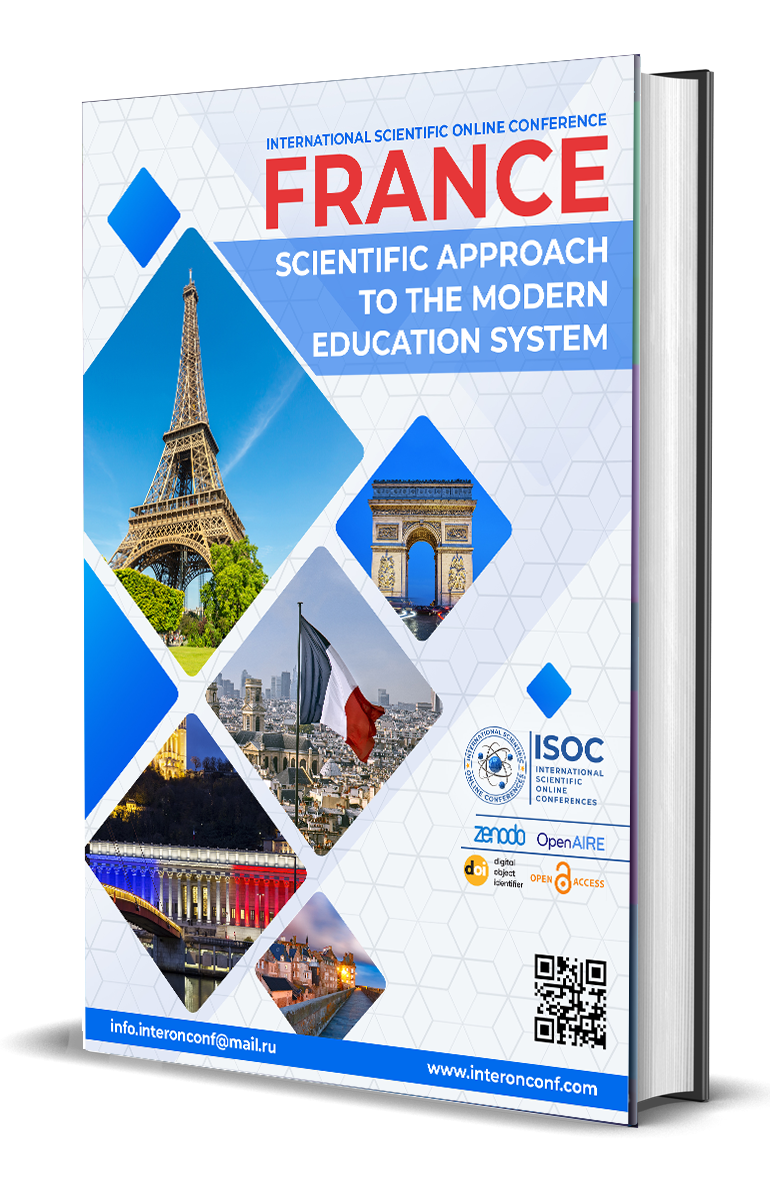THE ENGLISH QUEST: SEEKING FLUENCY IN A GLOBAL TONGUE
Keywords:
English, Global, Language, Use, Communication etcAbstract
In the twenty-first century, the entire world has become narrow, accessible, sharable and familiar for all the people living on this earth as English is used as a common language even though there are some variations in habits, cultures, traditions, regions and idiosyncratic aspects. As English has got the common qualities, it has been accepted as the global language among the speakers of thousands of different languages. Since science and technology is progressing, there are tremendous changes taking place in the lives of the human beings everywhere in the world. As a result, the whole world has become a global village and the people have to maintain good relationship with the others. Moreover, business, trade and commerce have become international and most of the business organizations have their offices in most of the countries. In order to maintain international relationship in science, technology, business, education, travel, tourism and so on, English serves the purpose as a common language and a global language. It is the language mostly used not only by the scientists, business organizations and the internet but also in higher education, and tourism sectors. As English plays a dominant role in almost all the fields in the present globalized world, there is a need to discuss its role as a global language. The present paper highlights the importance of English as a global language as most of the world’s communications is done in English. It also reveals how English is being widely used in scientific research, business and education. This paper also throws a light on how travel and tourism and entertainment fields are benefitted by adopting English as their principal language of communication. This paper also highlights the importance of English in education and employment. Finally, some useful suggestions are also given in order to extend the use of English into several other fields.
References
Ahulu, S. (1997). General English: A consideration of the nature of English as an international medium. English Today. 13(1): 17-23.
Brutt-Griffler, J. (2002). World English: A study of its development. Clevedon and
Buffalo: Multilingual Matters.
Crystal, D. (1997). English as a Global Language.(1 Ed.). Cambridge: Cambridge University Press.
(2001). English and the Internet.Cambridge: Cambridge University Press.
(2003). English as a Global Language (2nd Ed.). Cambridge:1. Cambridge University
(2006). "Chapter 9: English worldwide". In Denison, David; Hogg, Richard M. A History of the English language.
Cambridge University Press. pp. 420-
ISBN 978-0-511-16893-2.
• (2010). Evolving English: one language, many voices: an illustrated history of the
(2018). English language. London: British Library. Cambridge: Cambridge University Press.
The Cambridge Encyclopedia of the English Language
Fisher, John, H. (1996). The Emergence of Standard English. Lexington: University Press of Kentucky.
House, J. (1999). Misunderstanding in intercultural communication: Interactions in English as a lingua franca and the myth of mutual intelligibility. In Claus Gnutzmann (Ed). 73-89.
Giddens, A. (2000). Runaway World: How Globalization is reshaping Our Lives. New York: Routledge.
Graddol, D. (1997). "The Future of English?" (PDF). UK: The British Council. Archived from the original (PDF) on 19 February 2007. Retrieved 15 April 2007
Hogg, David, M. & David Denison. (2008). A History of the English Language.
Cambridge: Cambridge University Press.
House, J. (1999). Misunderstanding in intercultural communication: Interactions in English as a lingua franca and the myth of mutual intelligibility. In Claus Gnutzmann (Ed).73-89.
Hwang, Kumju. (2005). Science Communication: An International, interdisciplinary Social Science Journal. The Inferior Science and the Dominant Use of English inn Knowledge Production: A Case Study of Korean Science and technology. 26(4): 390-427.
Jenkins, J. (2000). The phonology of English as an International Language. Oxford:
Oxford University Press.
(2007). English as a Lingua Franca: Attitude and identity. Oxford: Oxford University Press.
Kachru, B. (1983). The Other Tongue: English across Cultures. Oxford: Pergamum.
Leitner, G., Hashim, A. & Wolf, Hans-Georg. Communicating with Asia: the future of English as a global language. Cambridge: Cambridge University Press.
(2007). English as a Lingua Franca: Attitude and identity. Oxford: Oxford University Press.
McArthur, T. (1987). The English Languages? English Today. 11: 9-11.
McLuhan, M. (1962). The Gutenberg Galaxy: The Making of Typographic Man.





